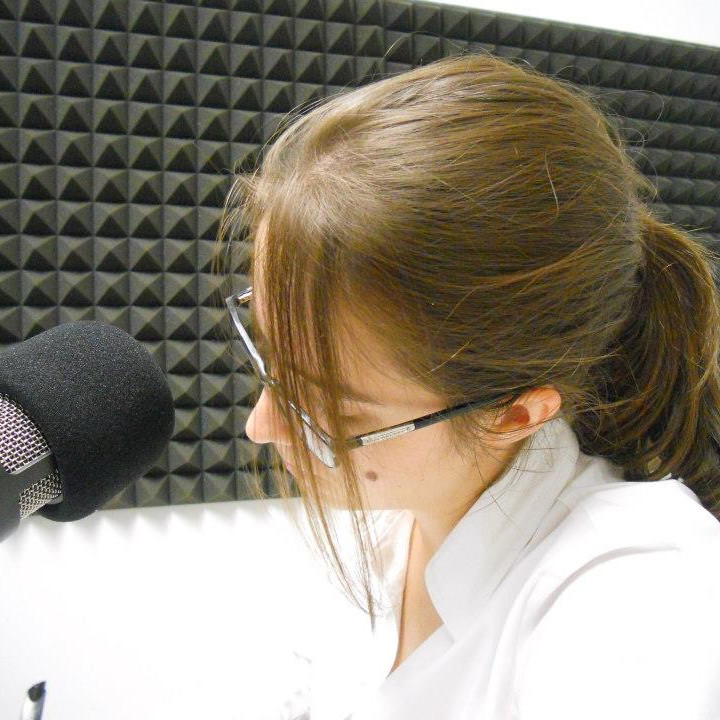European Commission adopts CC BY and CC0 for sharing information
mardi 2 avril 2019 à 22:43Last week the European Commission announced it has adopted CC BY 4.0 and CC0 to share published documents, including photos, videos, reports, peer-reviewed studies, and data. The Commission joins other public institutions around the world that use standard, legally interoperable tools like Creative Commons licenses and public domain tools to share a wide range of content they produce. The decision to use CC aims to increase the legal interoperability and ease of reuse of its own materials.
In addition to the use of CC BY, the Commission will also adopt the CC0 Public Domain Dedication to publish works directly in the global public domain, particularly for “raw data resulting from instrument readings, bibliographic data and other metadata.”
The European Commission joins governments such as New Zealand and the Netherlands in using CC licenses and CC0 to share digital resources it creates. Intergovernmental organisations, philanthropic charities, and funding policies already require CC licenses to be applied to the digital outputs of grant funds — to promote reuse of materials in the public good with minimal restrictions.
The decision to require reuse of Commission documents under CC BY and CC0 was determined alongside a study on available reuse implementing instruments and licensing considerations. Until now the Commission had been relying on “reuse notices” (a simple copyright notice with link to the reuse decision) that would accompany covered materials, but this practice produced “unnecessary administrative burdens for reusers and the Commission services alike.”
In 2014 the Commission released a recommendation on using Creative Commons licenses such as CC BY and CC0 Public Domain Dedication in the context of Member States sharing public sector information.

The study mentioned above evaluates various options for the Commission to consider for its own documents, including the “reuse notice”, CC licenses, the Open Data Commons licenses, and a potential bespoke Commission licence. Its authors determined that CC BY 4.0 is the license best aligned with the Commission’s principles for reuse. According to the report, CC BY 4.0 is:
- Universal: it is conceived to be applicable to all documents (at the choice of the licensor);
- Unrestricted: generally speaking, the only condition is attribution;
- Simple: there is no need for an application and it is user-friendly;
- Cost-free: the text of CC-BY does not require payment of fees;
- Non-discriminatory: terms of CC-BY are open to all potential actors in the market; [and]
- Transparent: the text of the licence is publicly available, accompanied by supporting documents, guidelines and other material in multiple languages.
The study notes that not all of the CC licenses and CC0 have been translated into the two dozen official EU languages; there are 10 remaining translations for CC 4.0 (some in progress) and 12 for CC0. We are working with the Commission and the CC EU network to complete the remaining translations.
Amid the disappointment with the vote in the Parliament on the copyright Directive last week, which leans toward a more restricted, less open web, it is heartening to see the Commission make progress on supporting reuse of the digital materials it creates and shares. We also look forward to upcoming vote this week on the recast of the Public Sector Information (PSI) Directive. This vote could increase the availability of PSI by bringing new types of publicly funded data into the scope of the directive, and provide improved guidance on open licensing, acceptable formats, and rules on charging.
The post European Commission adopts CC BY and CC0 for sharing information appeared first on Creative Commons.
 Academic, producer, and open culture enthusiast,
Academic, producer, and open culture enthusiast, 

